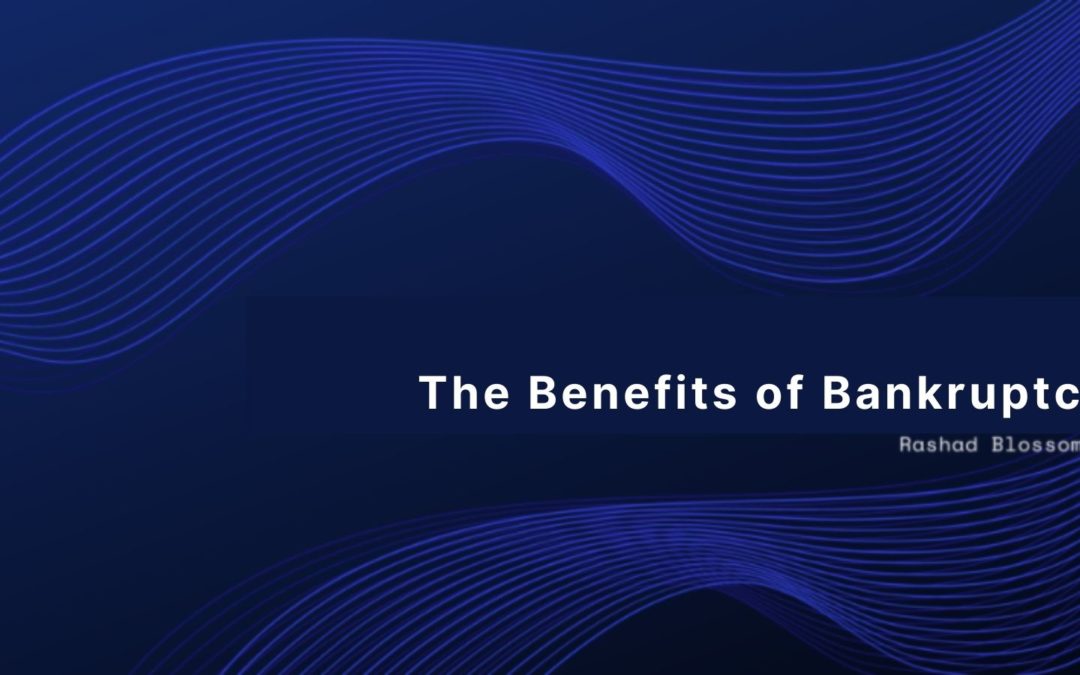While bankruptcy isn’t typically seen as an enjoyable experience to go through financially, it has certain benefits if you have a substantial debt to resolve. Since filing for bankruptcy can be pretty emotional for some people, it can help relieve stress in several ways.
After filing for bankruptcy, people will notice that calls from debt collection agencies cease and that creditors will no longer be filing lawsuits to claim debt owed. Before filing for bankruptcy, many of those who receive a paycheck will notice that their wages are being garnished. This practice ends after the bankruptcy filing is approved. More importantly, for homeowners, a bankruptcy filing prevents the bank from foreclosing on your home. Meaning that you get to stay in your home as you repay or restructure your debt. Specific repossessions may also stop, but this depends on where you live and the type of bankruptcy filed.
If you file Chapter 7 bankruptcy, many debts will go away altogether. Depending on the state you live in, specific property like vehicles or furnishings are protected from being sold. Overall, bankruptcy works for those who want a fresh start to be free from a mountain of debt.
Whether or not bankruptcy will work for someone varies on the individual and their needs. First of all, it’s essential to determine the type of bankruptcy filing someone is eligible for. This depends on how much debt you have, whether you own a home and other factors. Some folks worry about the kind of impact bankruptcy could have on their credit report or future access to loans or credit lines. Filing bankruptcy may also prevent someone from getting low interest rates in the future. For those filing for Chapter 7, their assets may be on the line as the case is worked out.
Specific forms of bankruptcy may not erase credit card debt and could put cosigners for loans at risk of having creditors go after them as well. If someone has a pension or other type of savings fund, it could be impacted by debt filing. Naturally, many people are also hesitant about having their financial information become public knowledge in a courtroom setting.
